Journalists, researchers, and just about anyone with an interest in protecting the concept of a free democracy, have continued to study the ways hostile foreign powers attempted to influence the 2016 U.S. elections through social media and technology. Leading up to the election, the Russian Internet Research Agency (a private company funded by the Kremlin) purchased 3,517 ads on Facebook to try and destabilize the American government. Whatever side of the never-ending political war you identify with, it's hard not to admit they did a pretty good job. USA Today analyzed each of the Russian ads and found most of them had something in common: they used race to polarize and enrage unwitting citizens.
It turns out a majority of the ads purchased by the Internet Research Agency were focused on race either directly (addressing issues of racism or bigotry), or indirectly (bringing up racially charged issues such as police brutality or President Trump's infamous proposed wall on the U.S.-Mexican border). Even after the election had concluded, the Russian organization continued hammering the divide between different races into American minds.
USA Today was able to analyze the ads after their records were released to the public by the House Permanent Select Committee on Intelligence. The records included not only the posts themselves, but also the specific demographics the ads were purchased to target, revealing just how little the Russian "trolls"actually cared about the politics they were posting about. The same organization that created a Blue Lives Matter ad that reached millions under the Facebook name "Back the Badge," created a new ad the next day targeting minorities and claiming "police brutality has been the most recurring issue over the last several years." The agency had no interest in the actual issues—their sole intention was to drive a wedge between Americans.
Young Mie Kim, a researcher at the University of Wisconsin-Madison who published some of the first analyses of social media influence during the 2016 election, believes these ads were meant to further polarize the United States:
Effective polarization can happen when you're promoting the idea that, 'I like my group, but I don't like the other group' and pushing distance between the two extreme sides. And we know the Russians targeted extremes and then came back with different negative messages that might not be aimed at converting voters, but suppressing turnout and undermining the democratic process.
USC professor Nick Cull believes these strategies are very similar to those used by the KGB during the LA Olympics in his historical novel The Cold War and the United States Information Agency:
Soviet news media always played up U.S. racism, exaggerating the levels of hatred even beyond the horrific levels of the reality in the 1950s. It was one reason Eisenhower decided to move on civil rights.
Adam Schiff, the Minority Leader of the House Intelligence Committee, took the ads public because he believes they represent an insight into American vulnerabilities that should be studied.
These ads broadly sought to pit one American against another by exploiting faults in our society or race, ethnicity, sexual orientation and other deeply cynical thoughts. Americans should take away that the Russians perceive these divisions as vulnerabilities and to a degree can be exploited by a sophisticated campaign.
In February, Special Prosecutor Robert Mueller indicted 13 Russians in connection with the Internet Research Agency for their actions which, according to the indictment, left no doubt that they intended "to sow discord in the U.S. political system, including the 2016 U.S. presidential election." Whether or not these individuals will be convicted is, as of yet, unknown.





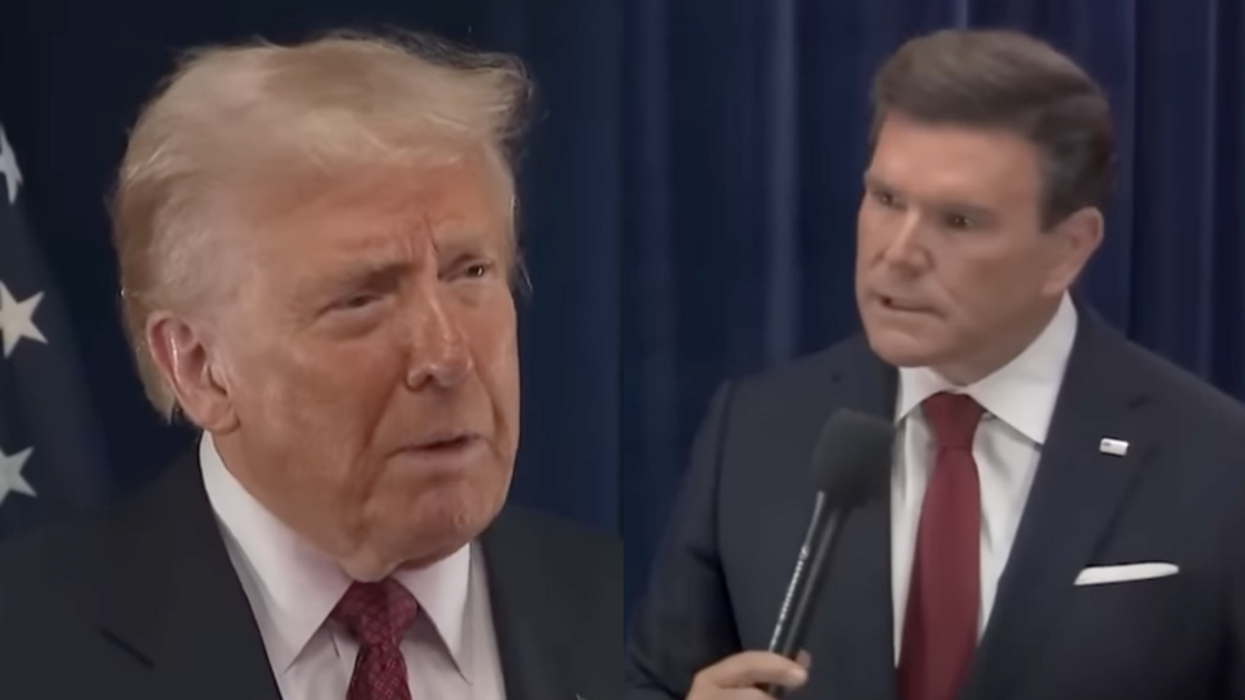

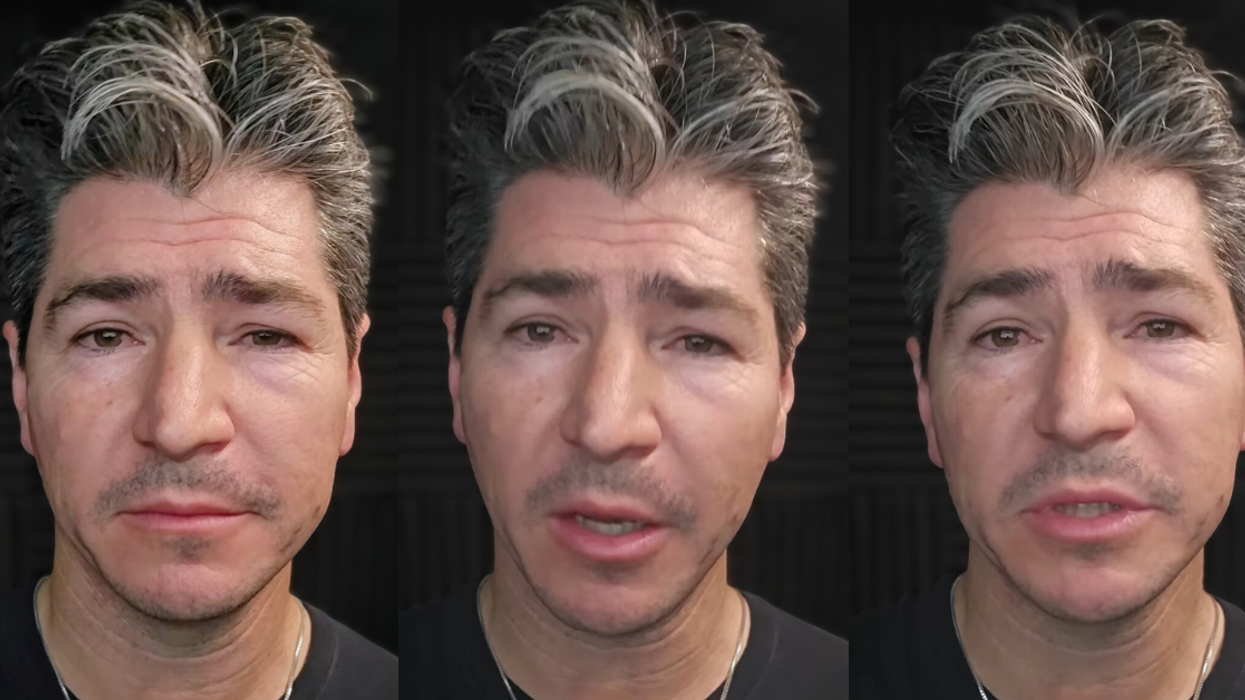
 @reelmfishman/Instagram
@reelmfishman/Instagram @reelmfishman/Instagram
@reelmfishman/Instagram @reelmfishman/Instagram
@reelmfishman/Instagram @reelmfishman/Instagram
@reelmfishman/Instagram @reelmfishman/Instagram
@reelmfishman/Instagram @reelmfishman/Instagram
@reelmfishman/Instagram @reelmfishman/Instagram
@reelmfishman/Instagram @reelmfishman/Instagram
@reelmfishman/Instagram @reelmfishman/Instagram
@reelmfishman/Instagram @reelmfishman/Instagram
@reelmfishman/Instagram @reelmfishman/Instagram
@reelmfishman/Instagram @reelmfishman/Instagram
@reelmfishman/Instagram @reelmfishman/Instagram
@reelmfishman/Instagram @reelmfishman/Instagram
@reelmfishman/Instagram @reelmfishman/Instagram
@reelmfishman/Instagram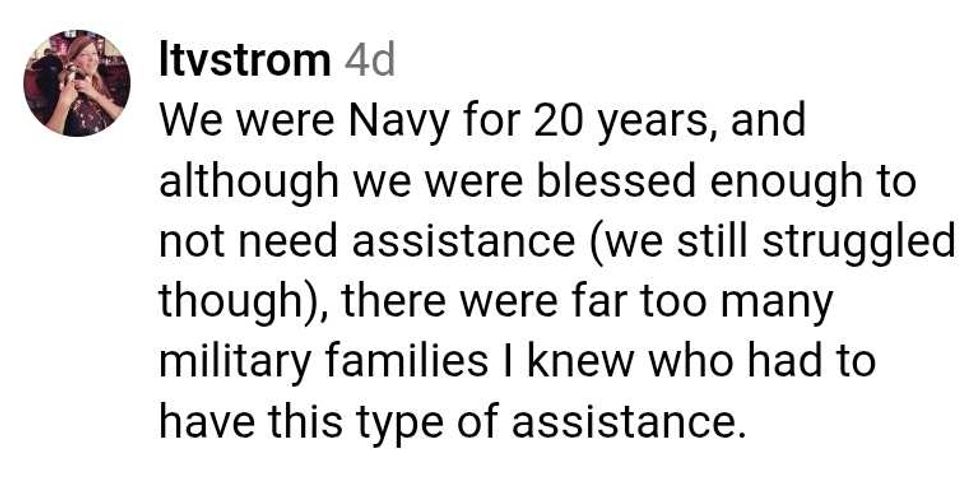 @reelmfishman/Instagram
@reelmfishman/Instagram @reelmfishman/Instagram
@reelmfishman/Instagram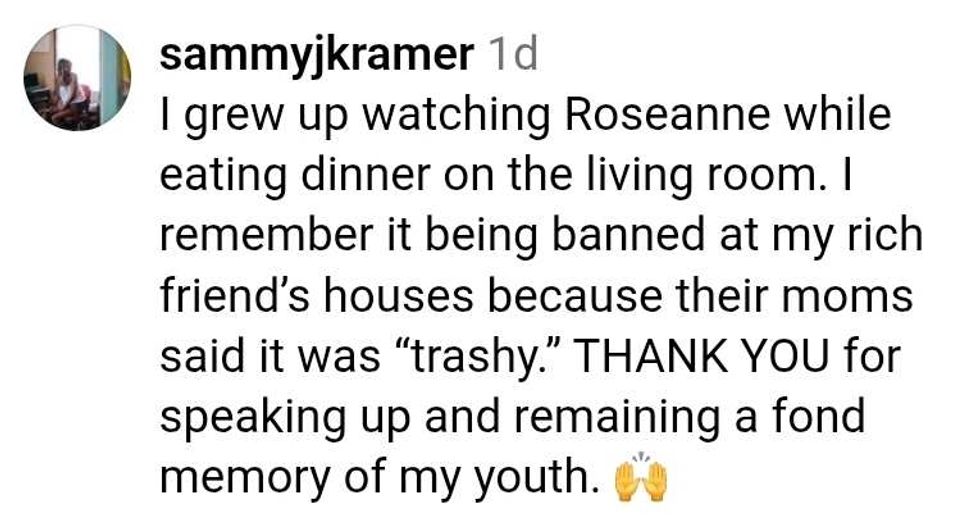 @reelmfishman/Instagram
@reelmfishman/Instagram @reelmfishman/Instagram
@reelmfishman/Instagram @reelmfishman/Instagram
@reelmfishman/Instagram



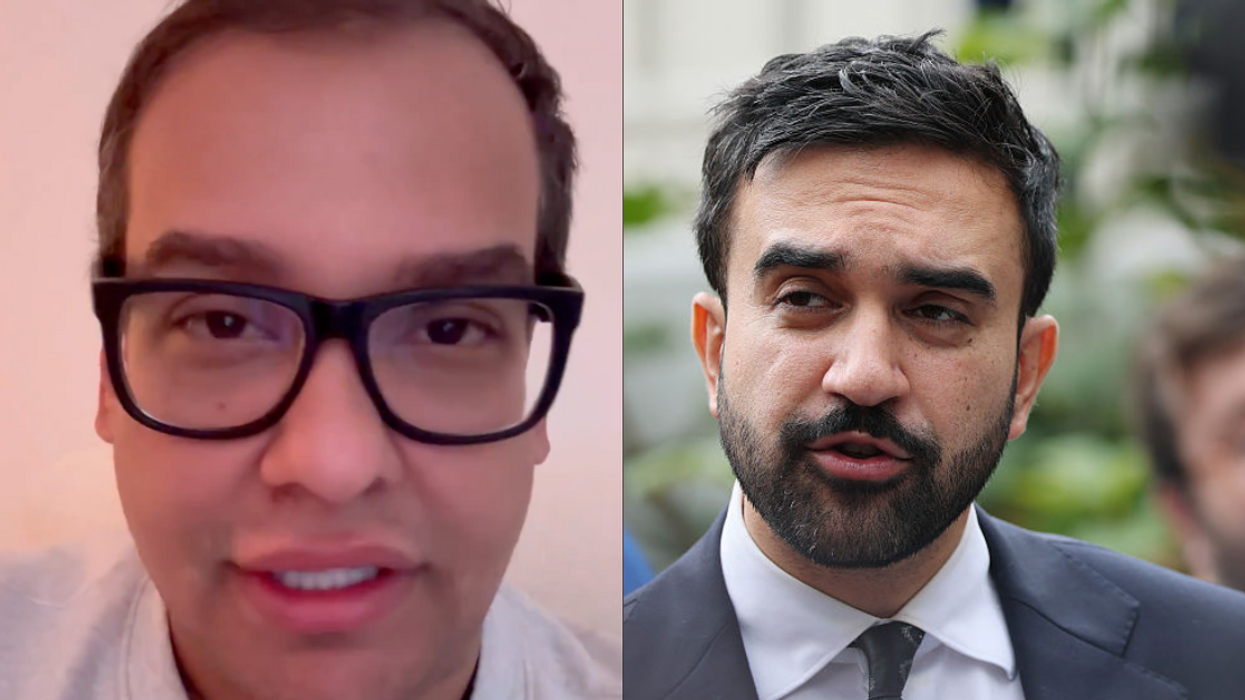
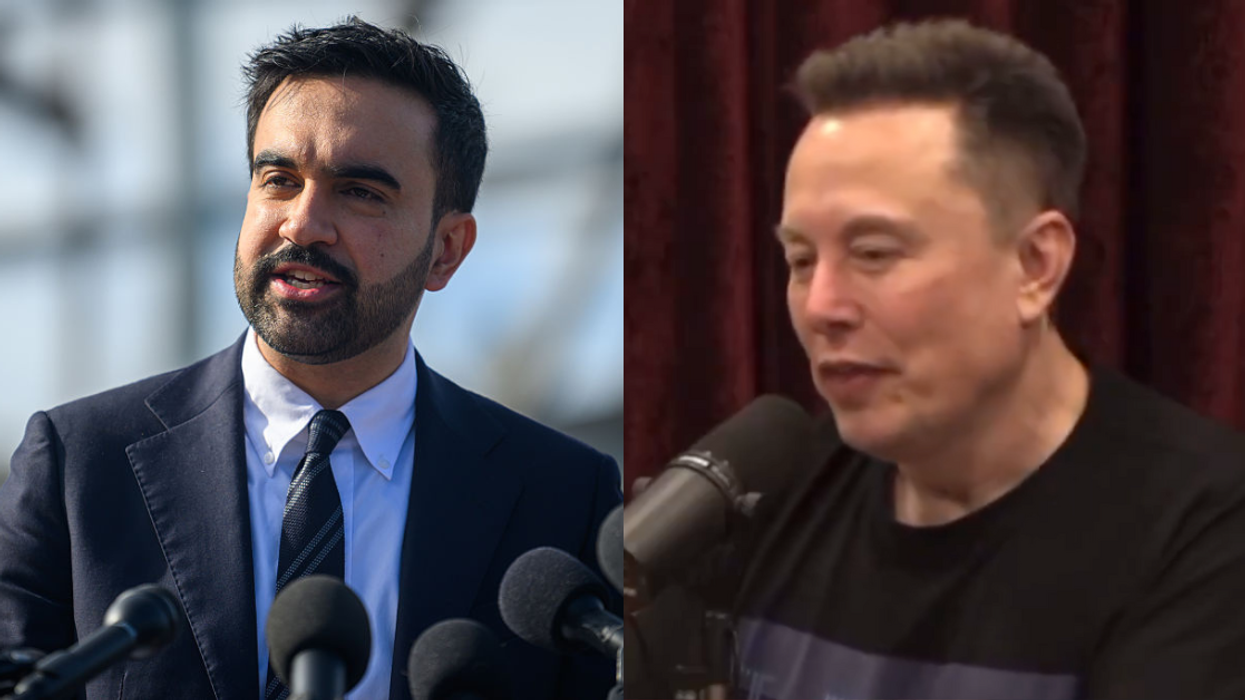

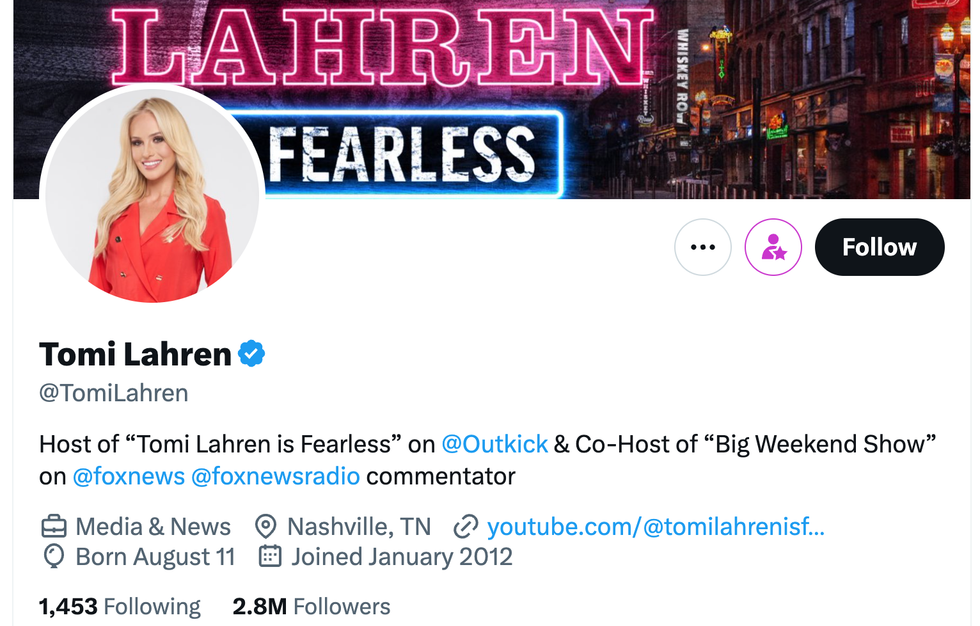 @TomiLahren/X
@TomiLahren/X
